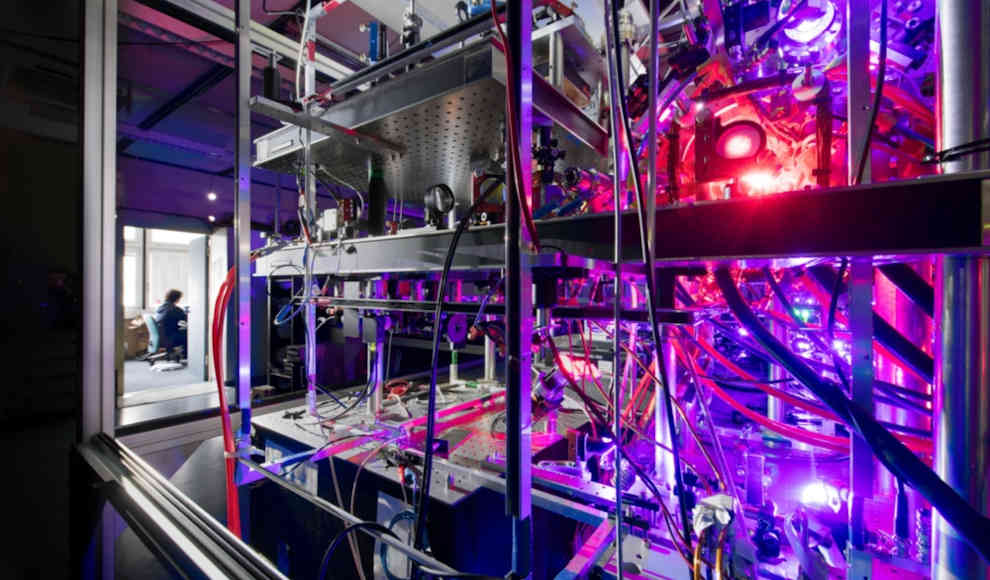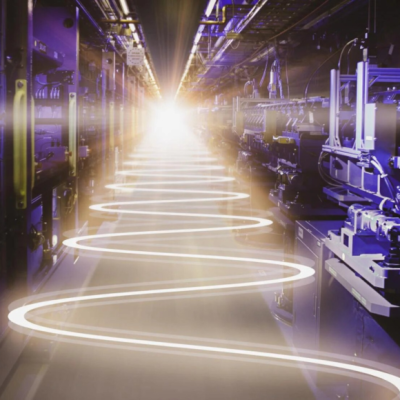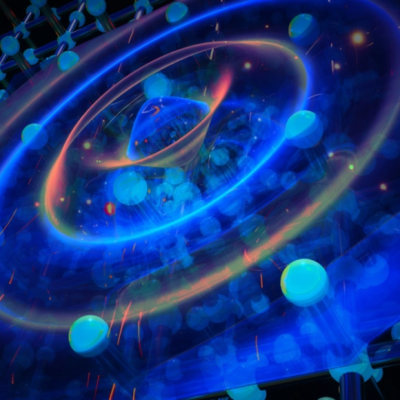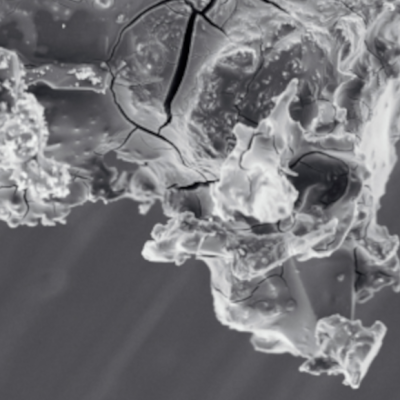Physicists in Stuttgart have made a groundbreaking discovery, providing experimental evidence for the existence of a new state of matter, known as a suprasolid. This state of matter is a combination of a crystalline and superfluid state, created through quantum physical effects. The material is both solid and liquid, with an atom of the suprasolid belonging randomly to either the superfluid or the crystal. The existence of suprasolids was first theorized in the 1950s, but until now, no one had been able to prove it experimentally. The research team used dysprosium, a rare earth metal, to create a Bose-Einstein condensate, which was then manipulated to create the suprasolid state.
The discovery of suprasolids is a significant breakthrough in the field of physics, as it adds to the list of known states of matter, which includes gas, liquid, solid, plasma, and others. The research team from the University of Stuttgart used dysprosium atoms, which were cooled to near absolute zero, to create the suprasolid state. The atoms were manipulated to create a Bose-Einstein condensate, which is an unordered cloud of droplets. The team then balanced the dipole interaction of the atom cloud to create the suprasolid state, which was measured to have both a crystalline lattice structure and superfluidity.
The discovery of suprasolids has been a long time coming, with physicists attempting to prove its existence for over 70 years. Previous experiments had only been able to measure one of the required properties of a suprasolid, but the Stuttgart team was able to measure all three properties, including coherence, rigidity, and periodic crystal formation. The discovery of suprasolids has significant implications for the field of physics, as it could lead to the development of new materials with unique properties. The research team’s findings were published in the journal Nature, and they hope that their discovery will inspire further research into the properties of suprasolids.










